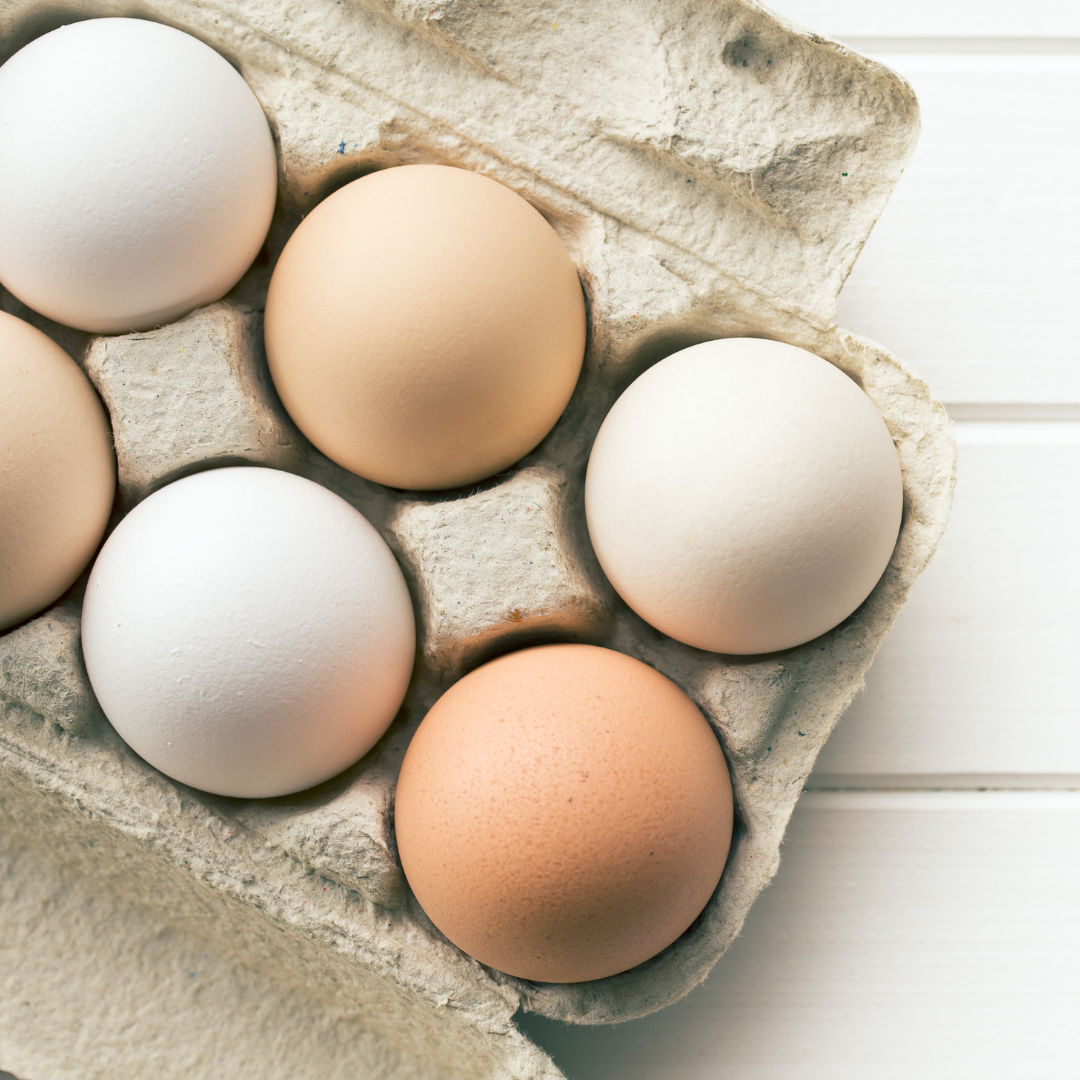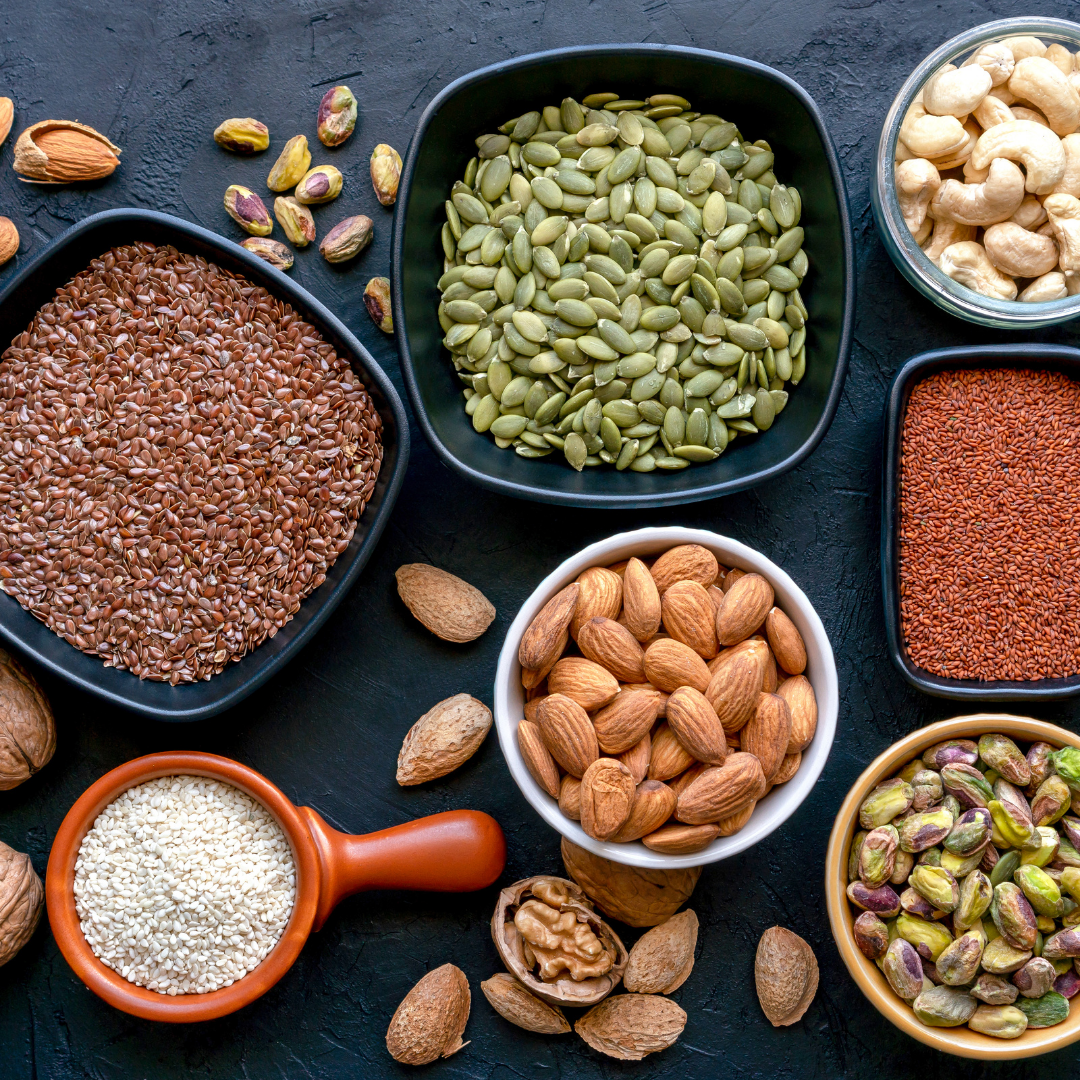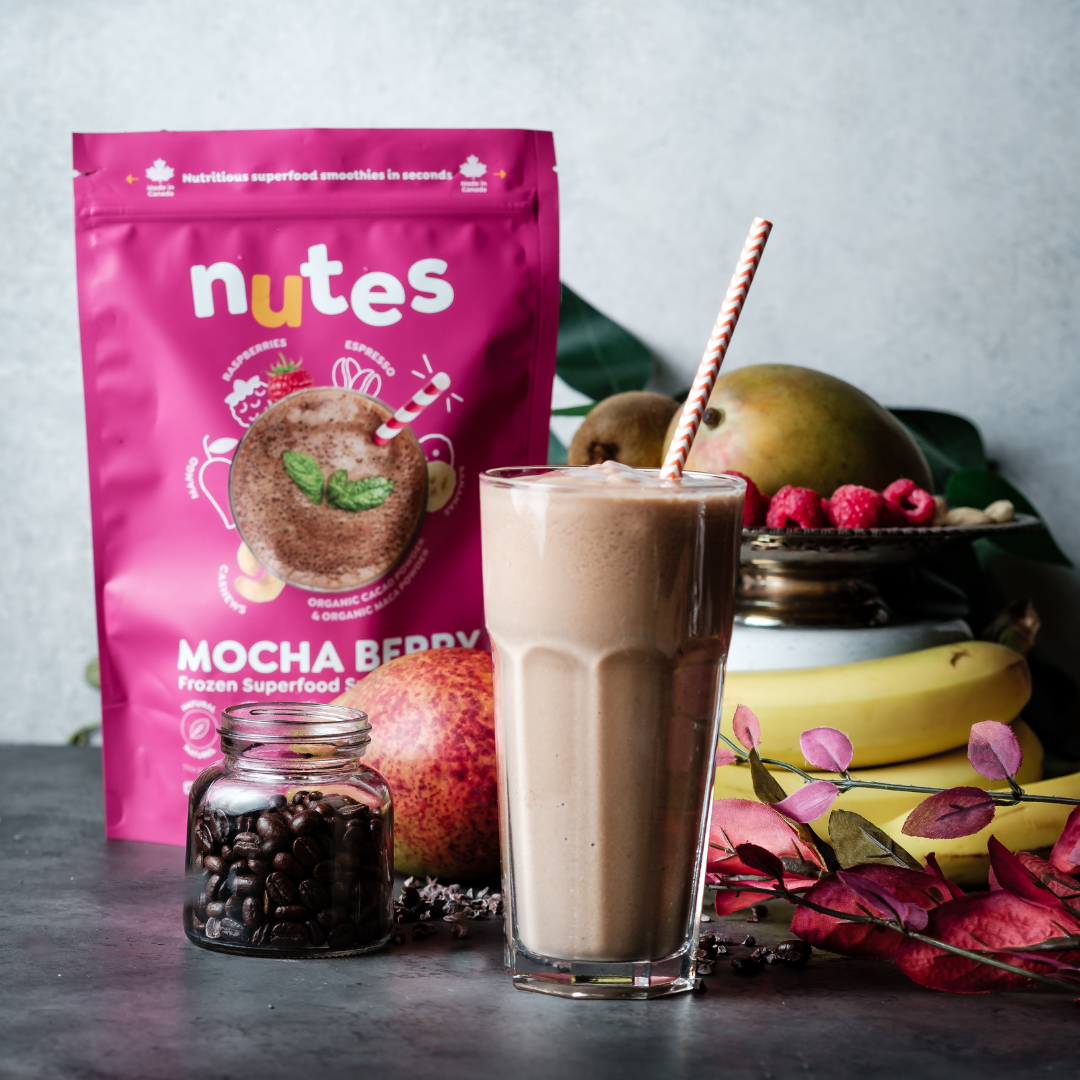Debunking 3 Common Nutrition Myths

Have you ever encountered trending health information that you accepted as truth because the majority believes it, but later on found out that it was one of the nutrition myths you wish you had not taken? Well, most of us experienced that once in our lives.
We all want to stay fit and healthy. Similarly, we want foods that are budget-friendly and true to what they initially claim. However, the advent of social media has gone wild, and it overloads us with information that is difficult to filter out. Among those also include outdated beliefs that have circulated through time. People have innumerable opinions about what you should and should not eat to attain a particular diet goal. But how do you draw the line to ensure that you will not fall off as a victim of false hopes and white lies in the world of nutrition? Let’s find out!
Unfolding the Truth From 3 Common Nutrition Myths
We have lots of unnecessary meal spendings that could have been allotted to foods scientifically-proven to yield results. Experts believe that people tend to fall into the rabbit hole of misinformation because it appears more seductive than the truth. For one, false information travels faster and feeds directly to our confirmation bias. It turns out that the usual lessons we have learned since grade school, like regular exercise, a balanced diet, and enough sleep to prevent possible illnesses, are not attractive and compelling at all. myths are more sensational as it narrates a story in grand and exaggerated ways.
But now, it is fair-time to separate science from silliness as it will save us from wasted time and money.Similarly, it will help us not to compromise our body from beliefs that can do more harm than good. Below are common nutrition myths we need to know, so we can end their cycle once and for all.
Nutrition Myth #1 - Avoid Eggs Because They Are High In Calories
Most people with an aspiration to lose weight avoid as many calories as possible. Calories are essential because they generate energy. However, unburned calories may lead to obesity, which increases the risk for heart disease due to clogged arteries. For the record, eggs contain 211 mg of cholesterol found in their yolks. Experts say that a healthy person can consume an egg a day and still be okay.
The real culprit in increasing cholesterols are foods high in saturated and trans fats. Eggs do not bear impact because a large one only contains 2 grams of saturated fats with no trans fats. It is also a good and inexpensive source of many nutrients, such as zinc, iron, antioxidants zeaxanthin and lutein, and vitamin D. Additionally, they are also beneficial for your mental health. Eggs contain choline, a nutrient that regulates memory, mood, and muscle control.
Although moderation is still vital, experts suggest consuming 1 to 2 eggs a day for a healthy diet.
Nutrition Myth #2 - Bananas Are The Best Source Of Potassium
The right amount of potassium is essential. It regularizes your heartbeat and helps the nerves function. It also helps transport necessary nutrients into the cells while helping remove waste products from them. There is a correlation between sodium and potassium, as the latter helps minimize the harmful effects of sodium on blood pressure. Studies have shown that a 2:1 ratio of sodium and potassium could increase your risk of cardiovascular diseases. Case in point, if you take 3,400 mg of sodium, you should consume 6,800 mg of potassium. It is difficult and nearly impossible to reach that amount using a banana alone.
One banana can only provide 422 mg of potassium. It does not demerit the ultimate health benefits that this superfood can do to the body. However, it gives you the chance to look for additional options from which you can attain your potassium requirement. Among those include:
- 1 cup Swiss chard - 960 mg potassium
- 1 cup potatoes - 925 mg potassium
- 1 cup spinach - 838 mg potassium
- 1 cup Brussels sprouts - 494 mg potassium
- 1 cup cantaloupe - 427 mg potassium
- 1 cup broccoli - 457mg potassium
Nutritional Myth # 3 - Energy Drinks Are Less Harmful Than Sodas
Energy drinks are one of our instant go-to drinks whenever there is a need to stay awake for longer hours. Red Bulls and Monsters, among others, are popular brands that provide a kick of b-vitamins, amino acids, and herbal extracts. However, behind that lies ample sugar content that is bad for your body. For instance, a 16 ounce can delivers 280 calories of pure sugar. It contains 80 calories more than your regular soda, plus it is 11% corrosive to your teeth.
Here’s the thing, if you want to have an additional kick to your energy, natural drinks with caffeine are the best option. You can take your shot through our Mocha Berry Smoothie, which is not only essential for night owls because of its espresso and cacao, but the superfood ingredients are also beneficial for your overall health.
Nutrition Myths Debunked: Be Healthy In A Factual Way
There are still countless nutrition myths existing that you have to beware of. If you worry about being a nutrition myth superspreader, educating yourself is the very first step. Experts also coined this as “prebunking” because being informed can help you be less susceptible to those nutrition myths the next time you encounter them. Similarly, communicating it right with others can avoid misleading beliefs.
However, be wary not to allow your emotions to get in the way. There is a high tendency that these people have already made up their minds and are not open to criticisms or outside information that will negate their existing knowledge. Learn to pause. Believe that words are just words until they come from the right person. In such cases, you cannot always serve as the rightful courier.
Indeed, staying healthy in the most truthful way is not only necessary in times of disinformation, but it is also convenient and practical!




Comments